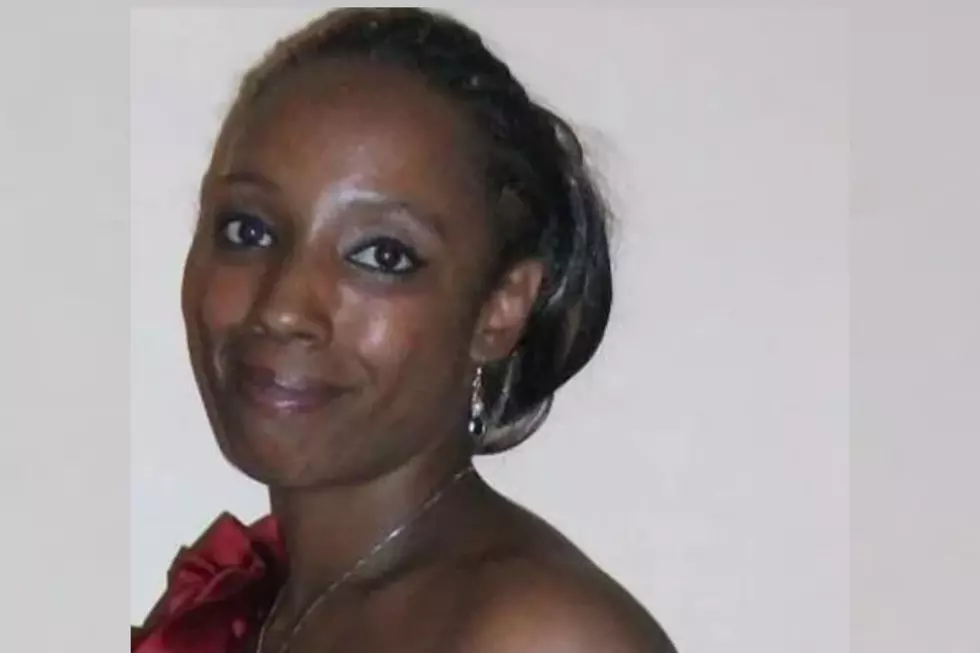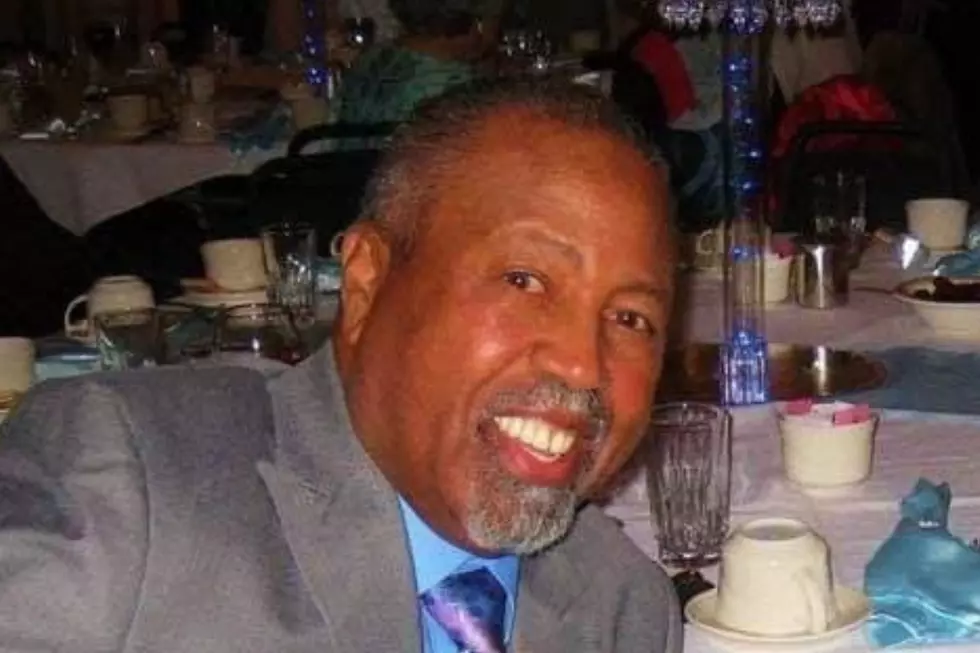Mitchell: Gannon Murder Shows Judges Are ‘Losing Credibility’
The murder of Yarmouth Police Sergeant and New Bedford native Sean Gannon has Mayor Jon Mitchell once again asking why judges keep allowing repeat criminals back on the streets.
The 32-year-old Gannon was shot to death last week while serving a warrant to Tom Latanowich, a career criminal who had more than 110 criminal charges against him in his 29 years.
In his weekly appearance on WBSM, Mayor Mitchell said judges are losing credibility by letting out repeat offenders who are only going to go out and commit more crimes.
"Judges in this state are letting out dangerous people, people who have unambiguous track records of causing harm to others, who can't comport their behavior with the requirements of a free society, and this is what happens," Mitchell said.
Mitchell pointed out that the Massachusetts legislature just pushed through a huge reformation of the state's criminal procedure laws, but said there was nothing really dealing with these repeat criminals.
"There was no real serious talk about what to do about the very small segment of the population that goes out and commits one crime after another, gets released on bail or by the parole board, and then goes out and re-offends," he said. "There's no consequence that follows from the violation of those conditions, in the same way a kid who doesn't get punished for doing something wrong thinks, 'well, I can go out and do whatever I want.'"
Republican lawmakers in Massachusetts are calling for a reinstatement of the death penalty for those who murder law enforcement officers. Governor Charlie Baker has said he supports that idea.
Mayor Mitchell, however, said the death penalty is something he's struggled with over the years, considering his Catholic faith but also what he's seen as a prosecutor. He says he is a firm supporter, though, of life sentences without any possibility of parole.
"In general, I've been against the death penalty for a number of reasons," Mitchell said. "Over the past 15-20 years, so many people have been exonerated by newly-developed DNA evidence, including some who have received the death penalty. So the system is not perfect, even when you think it's a slam-dunk case. So I'm not ready to go there yet, but it's an issue I struggled with for a long time, but I think we have ways of achieving similar results."
More From WBSM-AM/AM 1420









